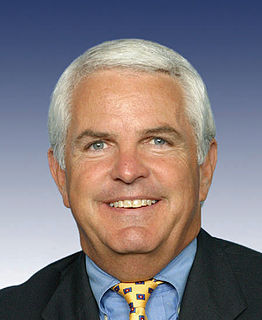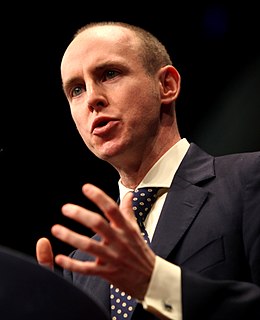A Quote by Ross McKitrick
The overall effect of the GEA will be to increase unit production costs, diminish competitiveness, cut the rate of return to capital in key sectors, reduce employment, and make households worse off.
Related Quotes
Obviously, consideration of costs is key, including opportunity costs. Of course capital isn't free. It's easy to figure out your cost of borrowing, but theorists went bonkers on the cost of equity capital. They say that if you're generating a 100% return on capital, then you shouldn't invest in something that generates an 80% return on capital. It's crazy.
The key problem is to find out why that sector of society of the past, which I would not hesitate to call capitalist, should have lived as if in a bell jar, cut off from the rest; why was it not able to expand and conquer the whole of society?... [Why was it that] a significant rate of capital formation was possible only in certain sectors and not in the whole market economy of the time?
When I look at the many energy-using sectors - such as businesses, households, electricity generators, the transportation sector - I see that the business sector is the one which uses the energy efficiency potential the highest, because they know that using energy more efficiently will also reduce their costs.





































